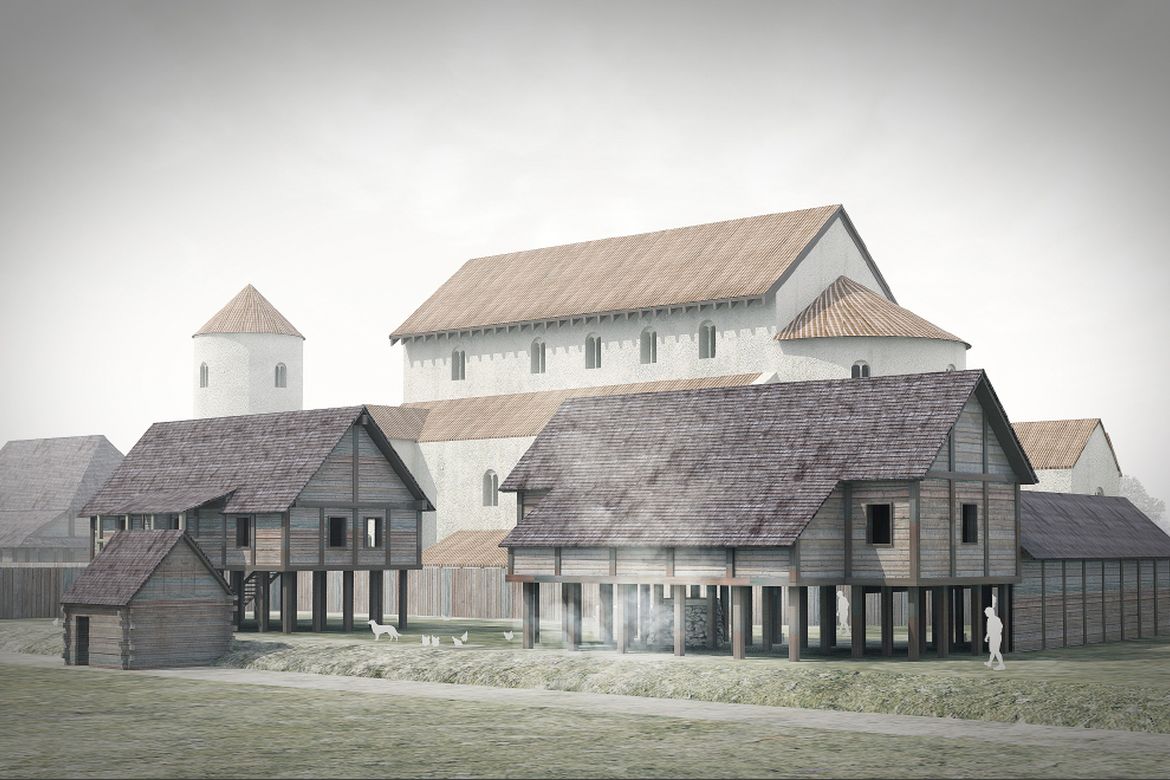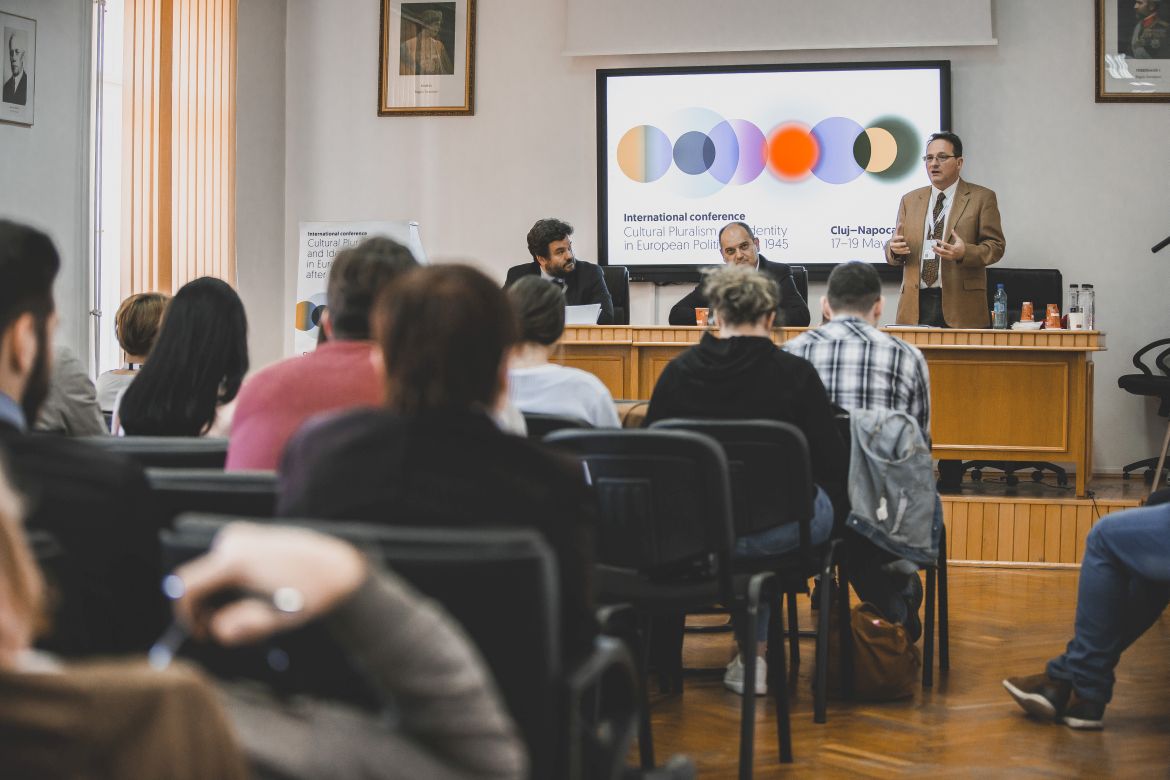
- Details
- By Research Centre for the Humanities
From 18 to 20 May 2019, the Babeș-Bolyai University of Cluj hosted the Warsaw-based European Network of Remembrance and Solidarity conference, this time entitled Cultural Pluralism and Identity in European Politics after 1945.
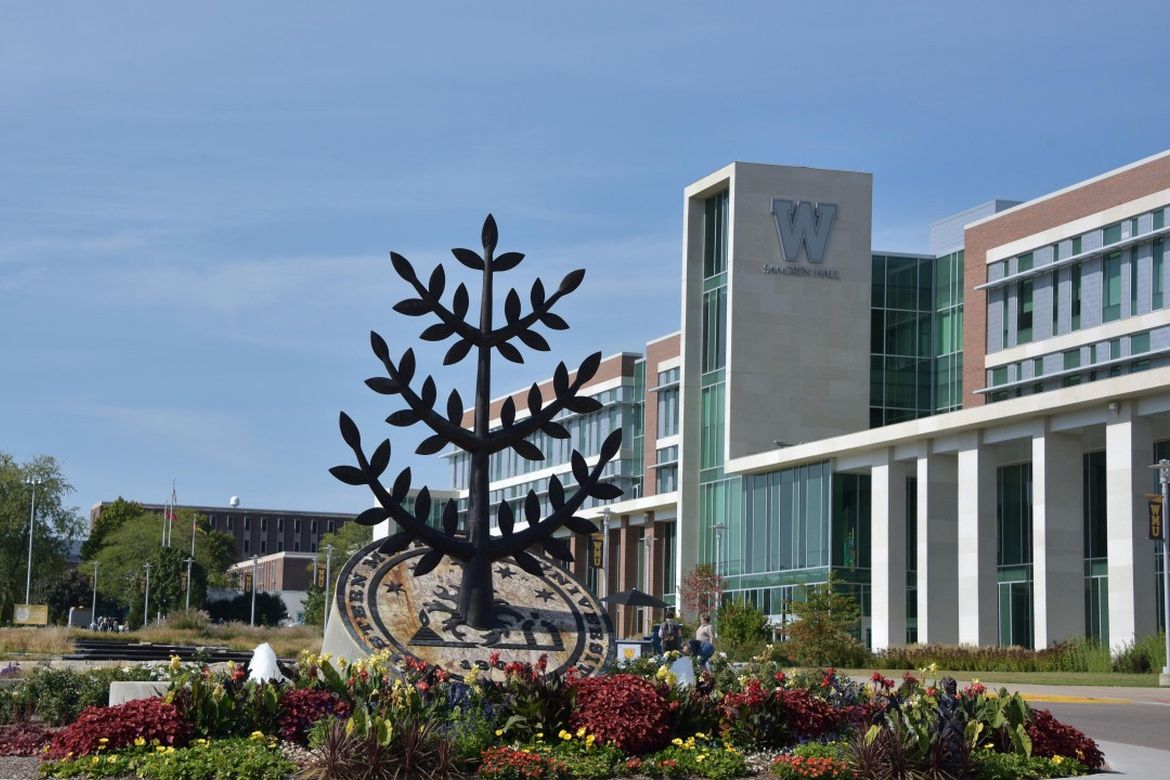
- Details
- By Research Centre for the Humanities
This year, Western Michigan University (Kalamazoo, Michigan, USA) hosted the 57th International Congress on Medieval Studies online. The 432 sessions and roundtable discussions were attended by medieval scholars from all over the world, including István Kádas and Bence Péterfi, both research fellows of the Institute of History of the RCH (and members of the „Lendület” Medieval Hungarian Economic History Research Group and of the NKFI project K 134690).
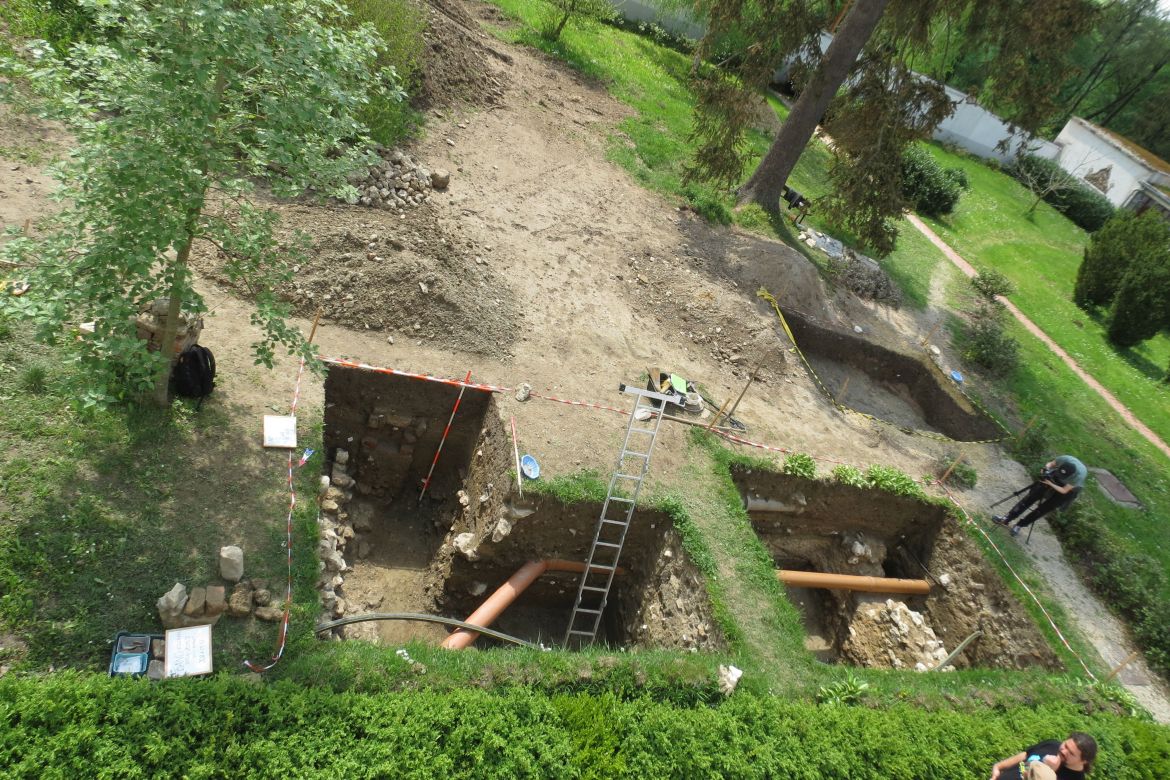
- Details
- By ELKH/RCH
Within the framework of the Kings, Saints and Monasteries research program launched with the support of the Eötvös Loránd Research Network (ELKH), the design works of the Benedictine monastery founded by Stephen I of Hungary began in April 2022 after a detailed geophysical survey.
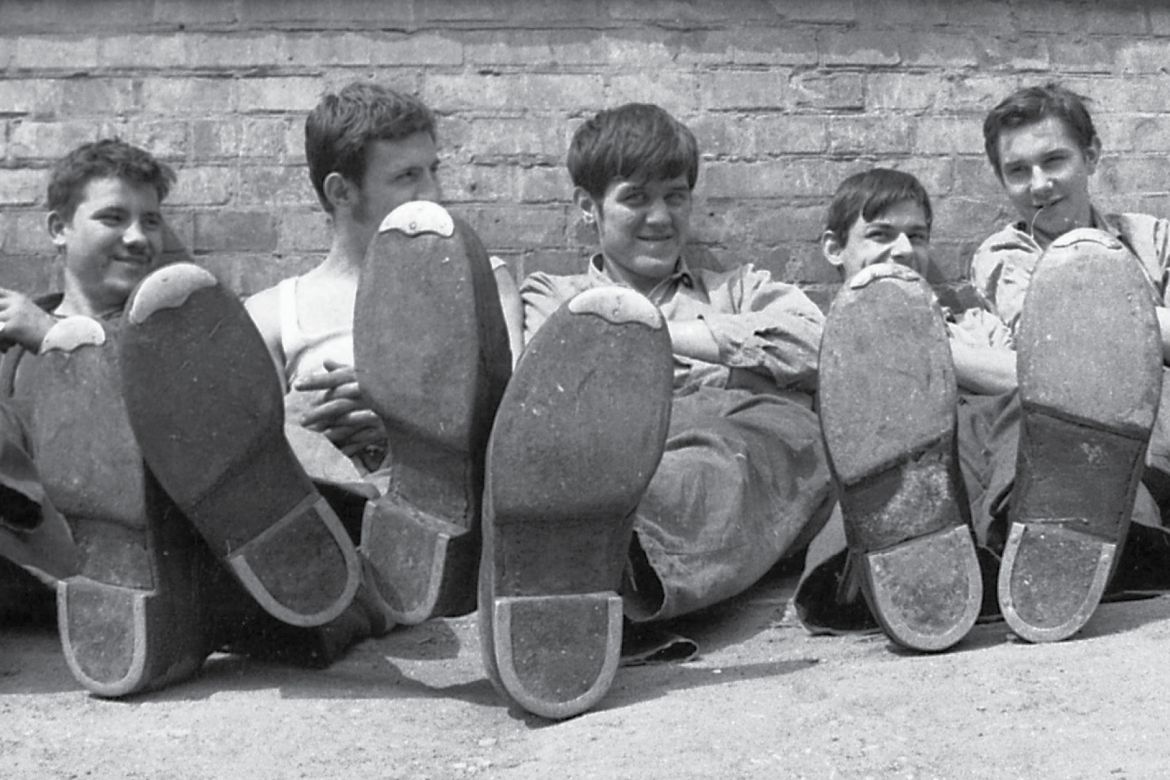
- Details
- By Research Centre for the Humanities
Indiana University Press (USA) has published the book Children of Communism. Politicizing Youth Revolt in Communist Budapest in the 1960s by Sándor Horváth, Head of the Department for Contemporary History at the Institute of History in the Research Centre for the Humanities. In this volume, the author explores youth counterculture in the Eastern Bloc, and why this generation proved so crucial to communist identity politics.



